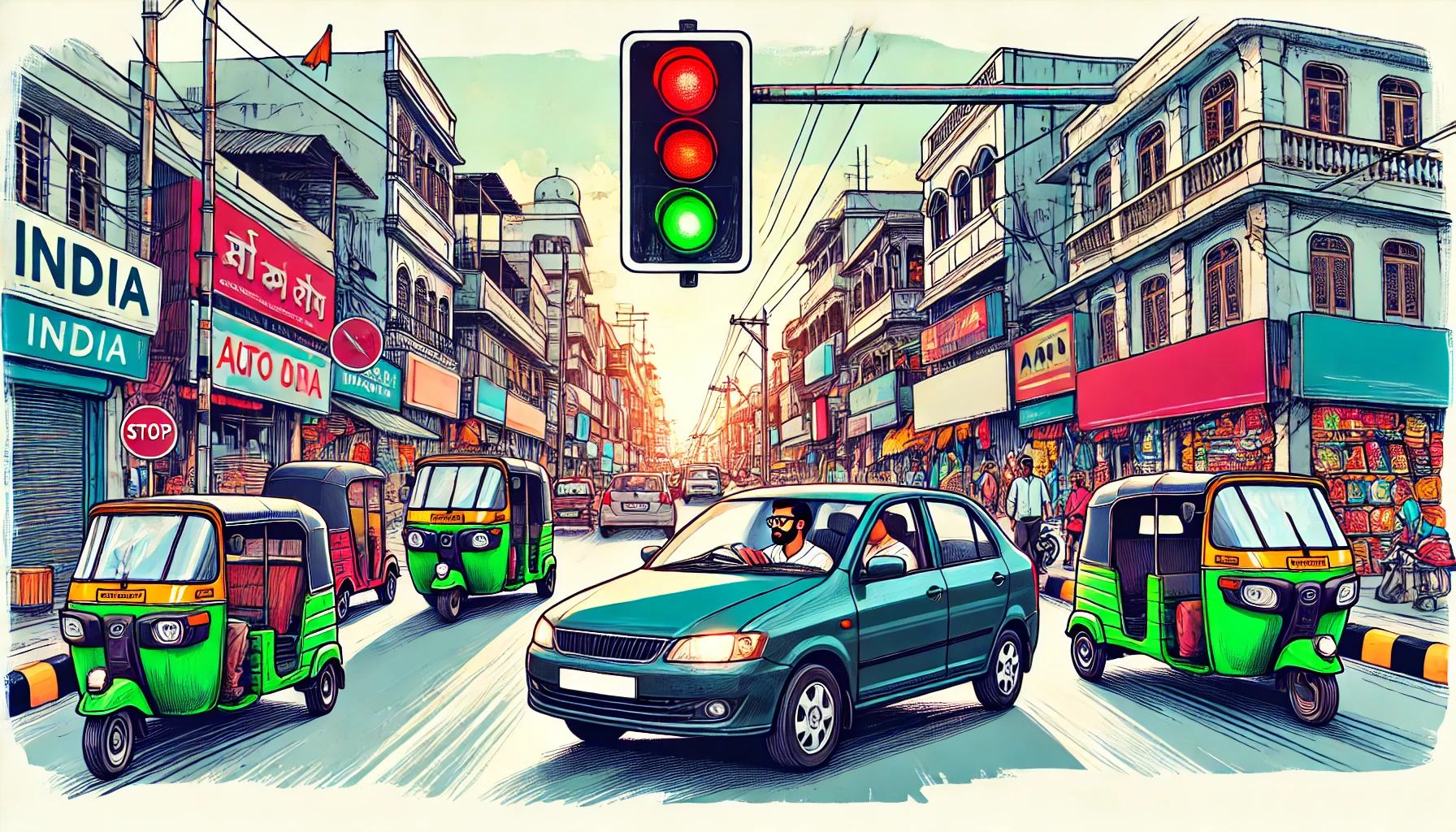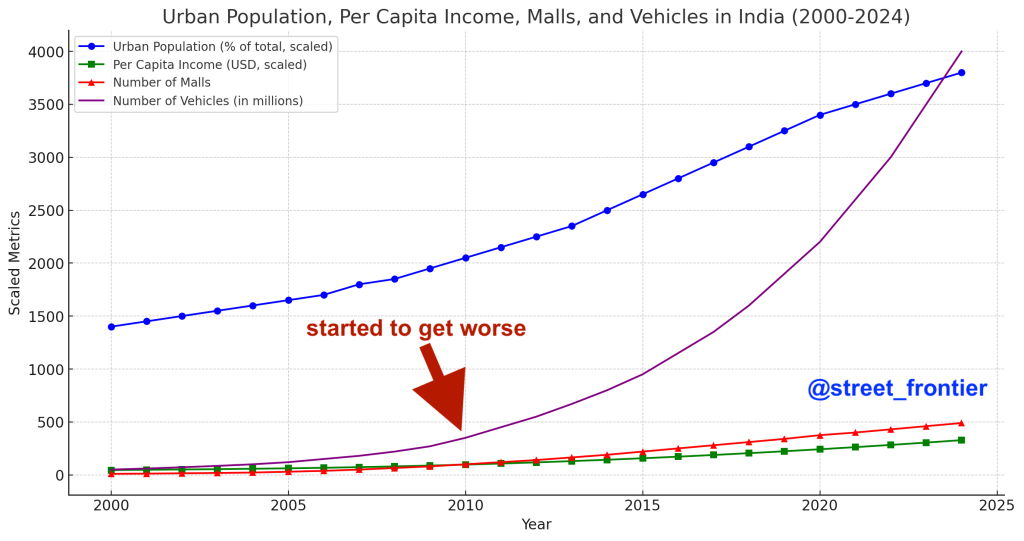The answer lies in a behavioral concept called SMORC (Simple Model of Rational Crime), proposed by Dan Ariely, a renowned behavioral economist.
Here’s why it happens:
1. Perceived Benefits
People cheat when the reward outweighs the punishment. If breaking a rule offers a big benefit (like saving time) and the penalty is mild, dishonesty feels “OK”.
2. Cost of Getting Caught
When fines are too low, rule-breaking feels worth the risk. A ₹500 fine for no seat belt? Many would gamble on it.
3. Probability of getting caught
If enforcement is weak or rare, people assume they won’t be caught. No fear = no compliance.
How to Fix This?
1. Raise the Stakes
Imagine if traffic fines were ₹50,000. People would think twice!
2. Ramp Up Monitoring
Use AI, CCTV, citizen apps, and public education to make rule-breaking feel impossible.






